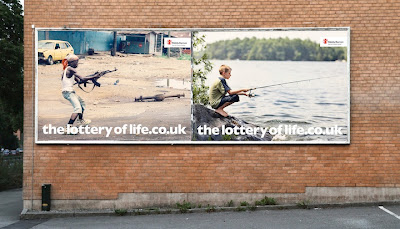only 30% [of EU citizens] see education as a priority [for development] ... There is still a lot of awareness raising we need to be doing in the education sector. (says Global Partnership for Education staff member)
I'm trying to keep the snark to a minimum these days but this was too tempting. Personally I think it is appalling that the EU public doesn't see improving the welfare of economists and consultants as the top continent-wide priority, and there is a lot of awareness raising to be done to help citizens appreciate just how under-appreciated economists are.
More constructively, call me crazy but maybe just maybe it should be developing country citizens who are setting the development priorities rather than EU citizens?
And finally, "raising awareness" is actually already on the development #bannedlist so just stop it. If you want to sell or market your product or idea that is fine, but would you ever say that Coca-Cola are sensitizing people or raising awareness about their great taste? Exactly. What you are talking about is advertising or marketing. And to go out on a bit of a limb - isn't it possible that the very language of "sensitization" and "awareness raising" actually helps to reinforce the unhelpful narrative of expert foreigners with all the answers showing up to tell the ignorant locals what is what - and thereby contributing to the general lack of attention paid to the opinions of the poor? Wooooah, I might have betrayed a bit of exposure to SOASian critical theory there. But language matters.
"if thought corrupts language, language can also corrupt thought ... Political language is designed to make lies sound truthful and murder respectable, and to give an appearance of solidity to pure wind." Mr. Orwell, 1946


